Congressional disputes over discretionary spending escalate, threatening government shutdown. Join Chief Economist Gerald Cohen in a virtual press briefing at 9 a.m. EDT this Friday, Oct. 6 to discuss long-term budget risks.
Join us for the Kenan Institute’s monthly virtual press briefing at 9 a.m. EDT this Friday, July 7, as institute Chief Economist Gerald Cohen offers his insights on the labor market and the decision facing the Federal Reserve.

ESG Investing and the Reckoning to Come
For some years now, environmental, social and governance investing has stormed the asset management industry with explosive growth. Tighter and increased oversight may finally bring it back down to earth.
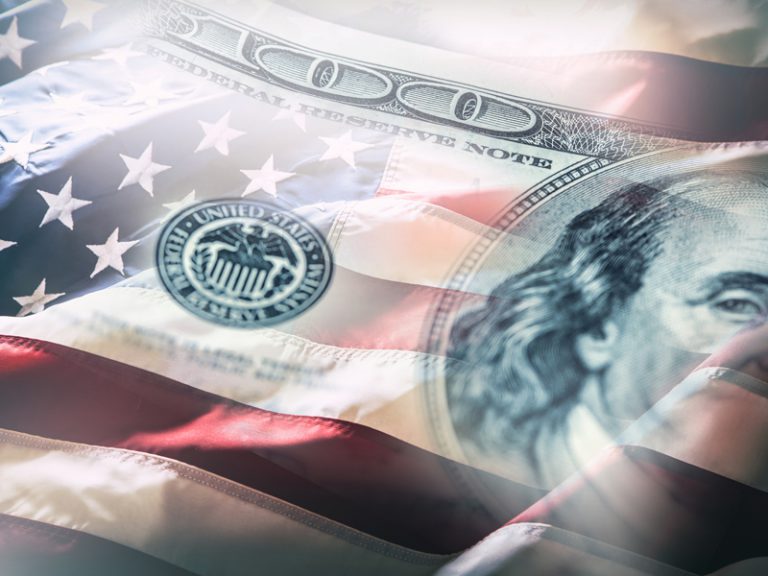
A UNC Kenan-Flagler professor doesn’t foresee long-term effects from the failure of Silicon Valley Bank, given that other banks and financing companies can step in to replace SVB as an issuer of venture debt.
Join us for the Kenan Institute’s virtual press briefing at 9 a.m. EST this Friday, Feb. 3, as we provide instant analysis following the latest employment report from the Bureau of Labor Statistics. Institute Chief Economist Gerald Cohen will offer his insights and answer questions from the audience.
As Congress refused to raise the debt ceiling and the U.S. government moved closer to its first default, Spectrum News spoke to institute Chief Economist Gerald Cohen about the message being sent to the rest of the world.
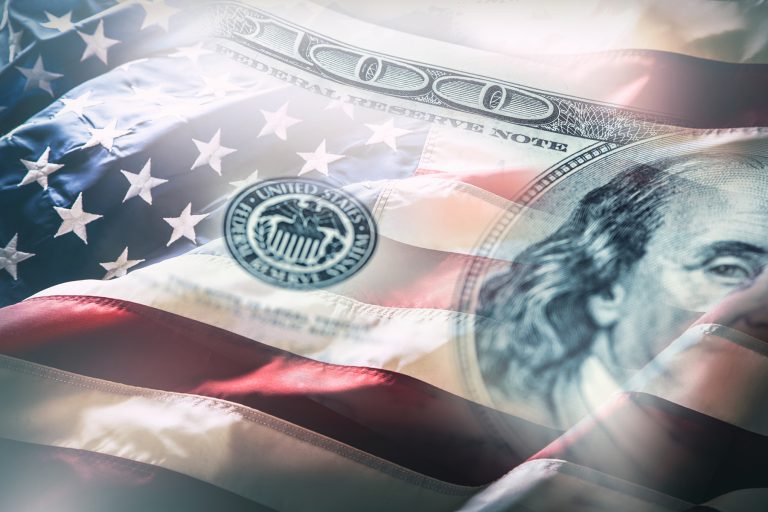
New Year, Same Story? Press Briefing THIS Friday
Join us for the Kenan Institute’s virtual press briefing at 9 a.m. EST this Friday, Jan. 6, as we provide instant analysis following the latest employment report from the Bureau of Labor Statistics. Institute Chief Economist Gerald Cohen will offer his insights and answer questions from the audience.
Join us for the Kenan Institute’s virtual press briefing at 9 a.m. EST this Friday, Dec. 2, as we sort it all out and provide instant analysis following the latest employment report from the Bureau of Labor Statistics. Institute Chief Economist Gerald Cohen will offer his insights and answer questions from the audience.
Employment growth has remained exceptionally strong this year, and September is expected to be another healthy month. Join us for the Kenan Institute’s virtual press briefing at 9 a.m. EDT this Friday, Oct. 7, as we discuss the Bureau of Labor Statistics’ fresh employment report and how it may affect the Federal Reserve’s aggressive reaction to inflation.
It is probably not a mystery to even the most casual observer of political affairs why the historic climate, health care and tax bill signed earlier this month was dubbed the Inflation Reduction Act. Inflation is high and causing real problems for many households, and so if only Congress could legislate it away by enacting … This is not to say that the package does not deserve any enthusiasm; it is an impressive legislative feat, making significant, though imperfect, advances on health care and climate change. On the other hand, the effect it will have on inflation, its raison d’être in name, will be modest at best and occur only over time.
The spread between 10-year and 3-month Treasuries – my favorite economic indicator – remains strongly in positive territory, suggesting a recession is not in the cards soon. This indicator has predicted all recessions since the mid-1960s, with a lead time of roughly one year, though the timing is inexact. The 10-year/2-year spread, which briefly inverted recently, is less reliable.
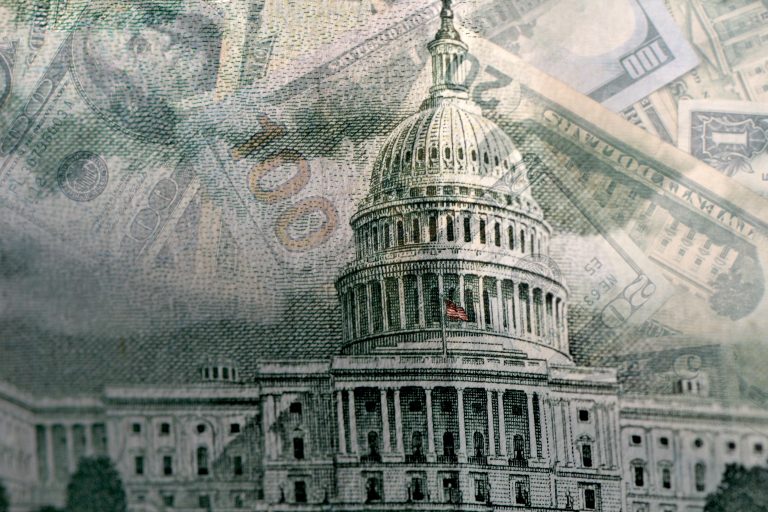

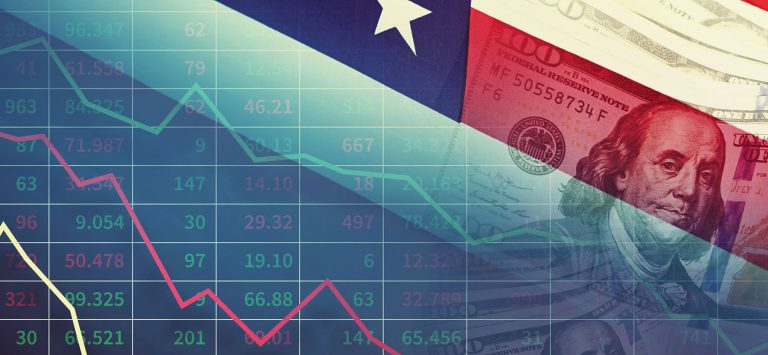
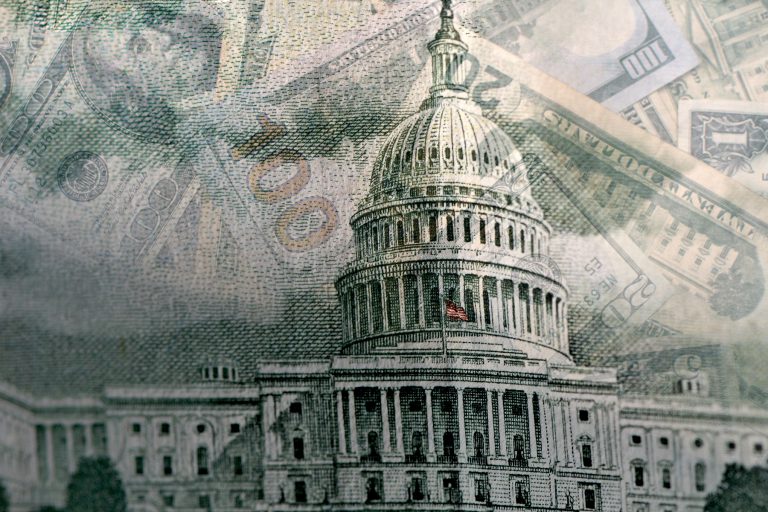
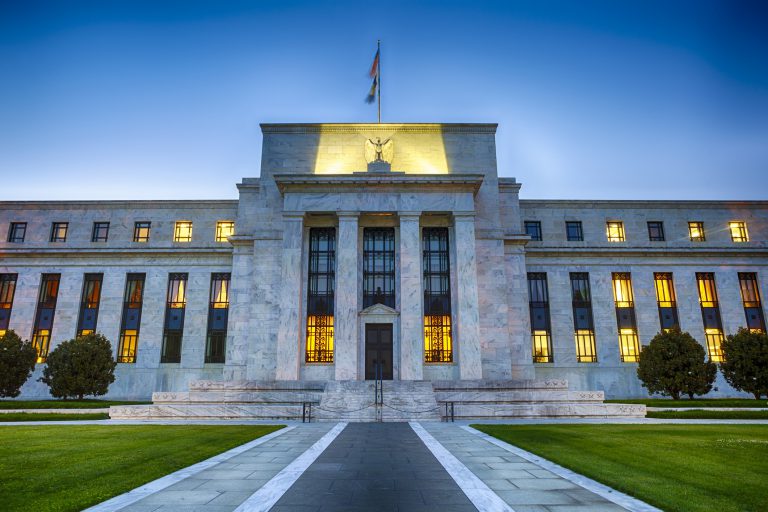
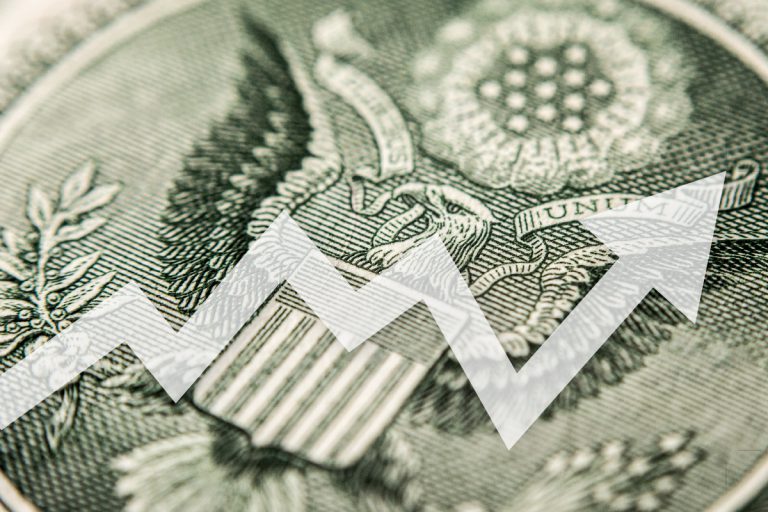

The Silicon Valley Bank Collapse: Takeaways and Lessons Learned
The SVB collapse offers many lessons, but they are more about properly hedging against interest rate risk and the importance of timely intervention by regulators than the current state of the economy.